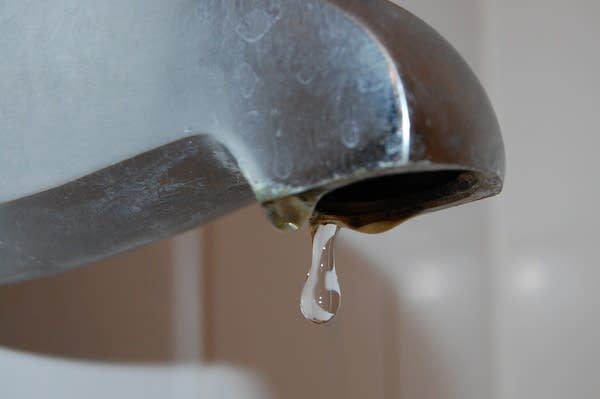Results of lead testing prompt letters to St. Paul Regional Water Services customers

Letters are going out to St. Paul Regional Water Services customers about recent testing that found higher-than-acceptable levels of lead in the water.
MPR News file
Go Deeper.
Create an account or log in to save stories.
Like this?
Thanks for liking this story! We have added it to a list of your favorite stories.


